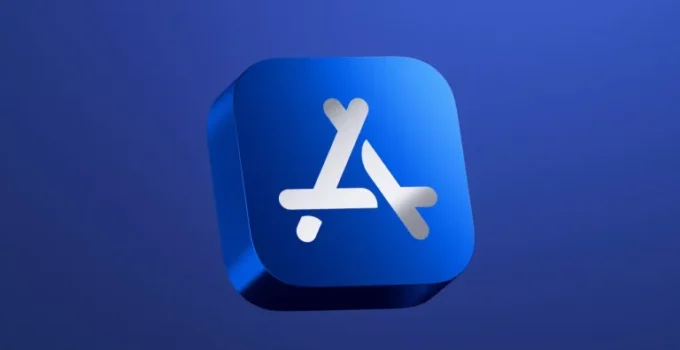Apple Opens Door for External In-App Purchases, Maintains Reduced Commission Structure. In a significant shift, Apple now permits U.S. third-party developers to direct users to external links for in-app purchases, a move following the Epic Games legal battle. While this development introduces new purchasing avenues outside the App Store, Apple’s revenue and commission structure will see minimal impact.
iOS 17 Features Advanced App Lock Automation for Increased iPhone Security
This change, a result of the Supreme Court’s decision not to entertain appeals from either Apple or Epic Games, allows developers to incorporate links for in-app purchases that bypass the App Store. However, Apple will still collect commissions, albeit slightly reduced, at 27% initially and 12% from the second year (down from the standard 30% and 15% on App Store in-app purchases).
The verdict, settling the dispute between Epic Games and Apple, didn’t label Apple a monopolist but acknowledged its anti-competitive practices. It mandated Apple not to restrict developers from including external purchase options in their apps, a significant shift from its previous policies.
Developers aiming to use this new facility must acquire the “StoreKit External Purchase Link Entitlement,” ensuring compliance with App Store’s privacy and security standards. Apple’s decision to levy a 27% commission on external in-app purchases, decreasing to 12% in the second year, is seen as a strategic move to retain some control over the ecosystem.
Apple plans to implement user warnings about leaving the App Store environment when tapping on external purchase links. This is to highlight the lack of App Store protections in these transactions, aiming to minimize user confusion and potential scams.
Despite this evolution in policy, Epic Games CEO Tim Sweeney remains critical of Apple’s approach, indicating a potential challenge to what he terms as Apple’s “bad faith adjustment” in court. This development marks a new chapter in the relationship between Apple and its developer community, balancing increased flexibility with continued revenue generation for Apple.



